In 1998, a quirky little song blasted onto the music scene that was unlike anything else at the time. “Blue (Da Ba Dee)” by the Italian euro-pop group Eiffel 65 became an unlikely global phenomenon, thanks to its insanely catchy tune and totally nonsensical lyrics that sounded like gibberish – “da ba dee da ba daa.”
The upbeat, almost nursery rhyme-like track was just pure fun and energy packed into under 4 minutes. Against all odds, people all around the world quickly fell in love with this goofy yet infectious song. Perhaps it was the whimsical, childlike nature of the lyrics and melodies that struck a chord. Or maybe it was the happy, dance-inspiring vibes that provided a pick-me-up during the stresses of everyday life.
Whatever the reasons, “Blue (Da Ba Dee)” became an unlikely crossover smash, and its legacy has endured through numerous samples and remixes, including the most recent appearances in “Endless Fashion” by Lil Uzi Vert feat. Nicki Minaj (2023) and “I’m Good (Blue)” by David Guetta and Bebe Rexha (2022).
Chart Dominance
The song’s meteoric rise was unprecedented for a relatively unknown European act like Eiffel 65. “Blue (Da Ba Dee)” made it to the top 10 charts in over 20 countries across Europe, Australia, and the Americas. In the United States, it peaked at an impressive number 6 on the prestigious Billboard Hot 100 chart.
Its biggest success came in the UK, where the maddeningly catchy track dominated the singles chart for four consecutive weeks at number 1. The hit single was even nominated for two major Grammy awards in 2000 – Record of the Year and Best Dance Recording, though it didn’t win.
Enduring Popularity
While Eiffel 65 practically disappeared after their one big novelty smash, the legacy of “Blue (Da Ba Dee)” has incredibly endured over 20 years later. The song still gets heavy airplay and can be heard frequently in movies, TV shows, commercials and at dance clubs and parties. The silly gibberish lyrics and Eurodance rhythms have made it an iconic, quirky snapshot of the late 90s pop culture zeitgeist that people still get nostalgic over.
A Lasting Legacy
Beyond just being a fun throwback, this song’s massive crossover success paved the way for other European dance-pop acts like Aqua to make it big in the States. The song’s runaway popularity also contributed to a resurgence of interest in the bright, upbeat Eurodance and bubblegum pop genres in the early 2000s after grunge and alt-rock’s prevalence.
So while it may have seemed like a bizarre one-hit wonder at the time, the impact and legacy of Eiffel 65’s accidental masterpiece “Blue (Da Ba Dee)” turned out to be much more profound and long-lasting. The pure feel-good vibes and childlike whimsy of this unlikely hit still brings smiles over two decades since it first blew up the charts.


![Eiffel 65 - Blue (Da Ba Dee) [EDM Throwback] 1 Eiffel 65 Blue Da Ba Dee](https://nomusica.com/wp-content/uploads/2024/04/Eiffel-65-Blue-Da-Ba-Dee.jpg)


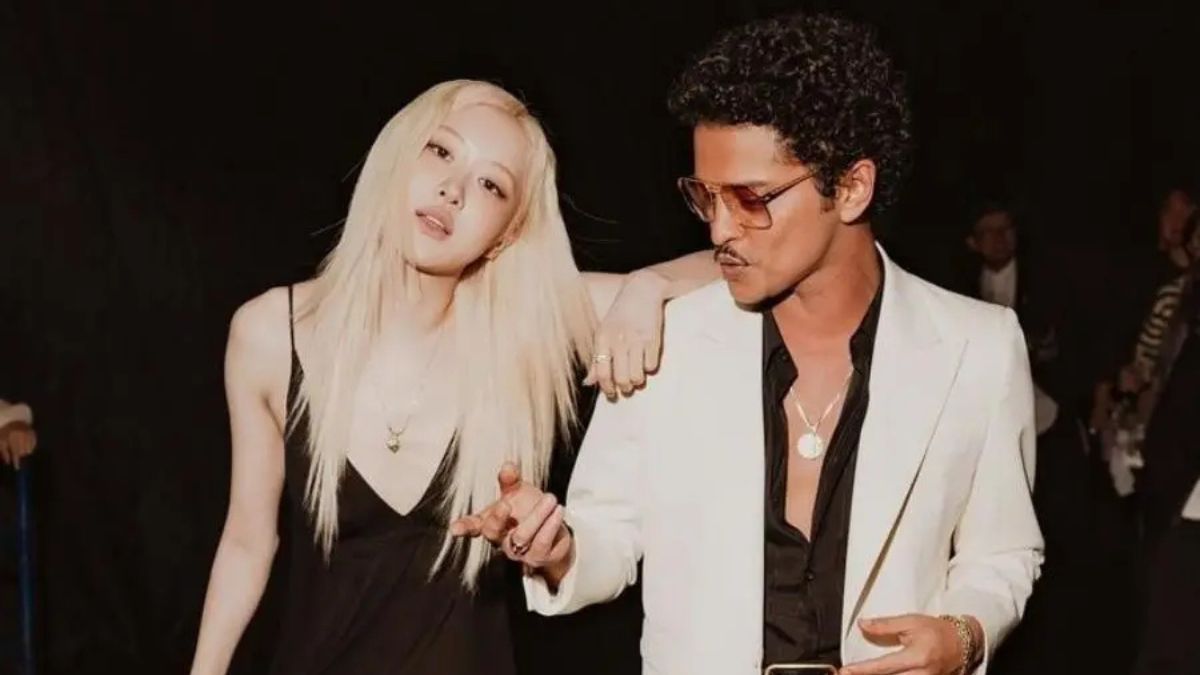
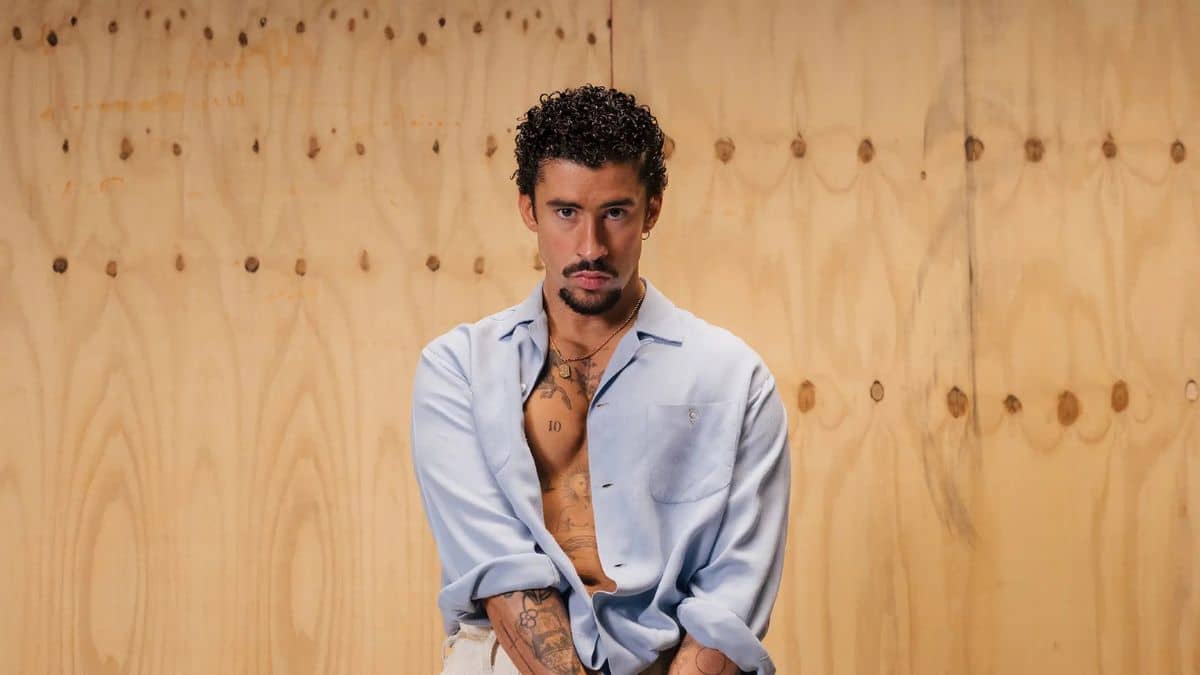

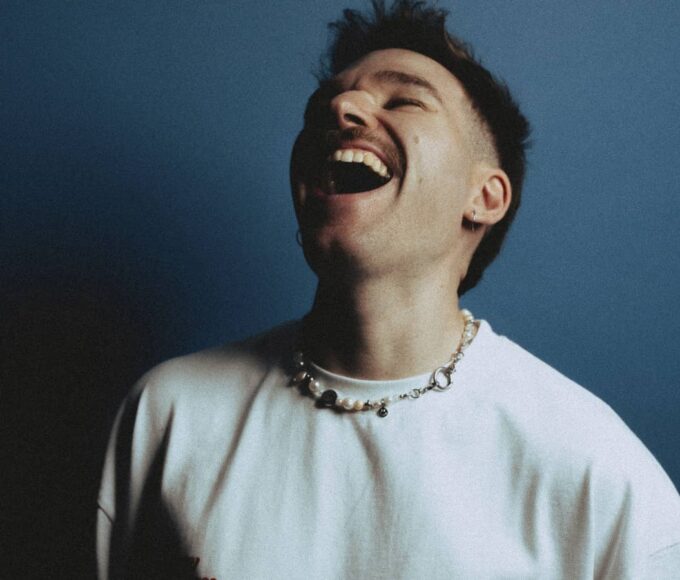
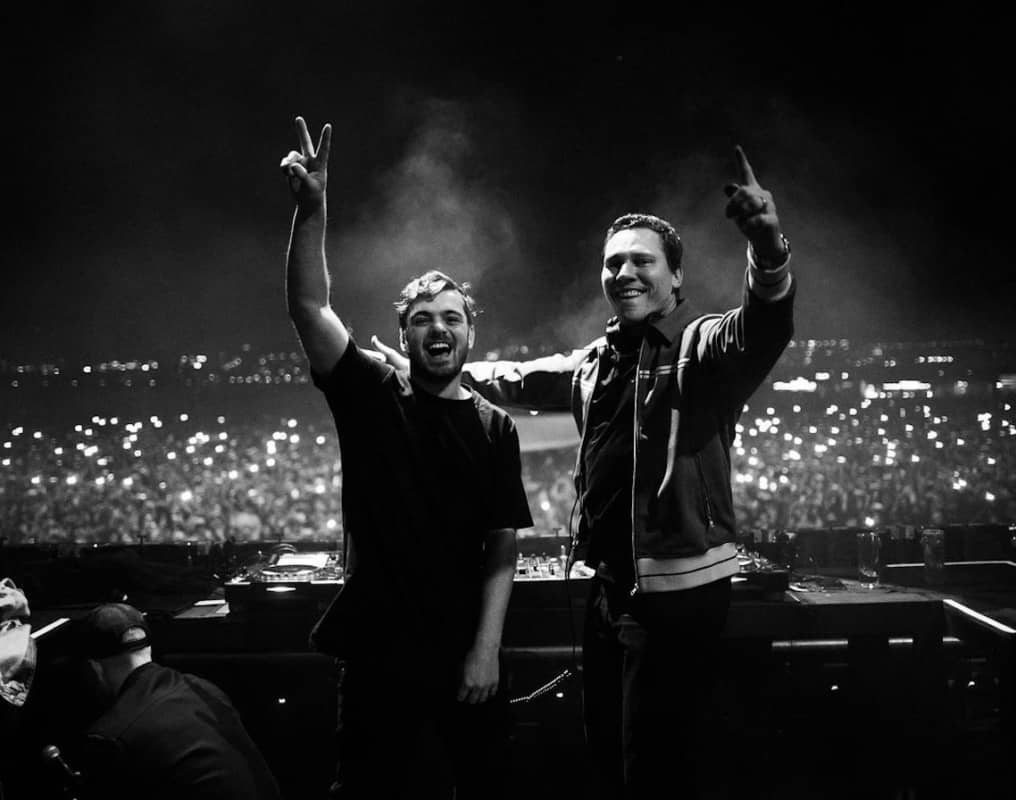
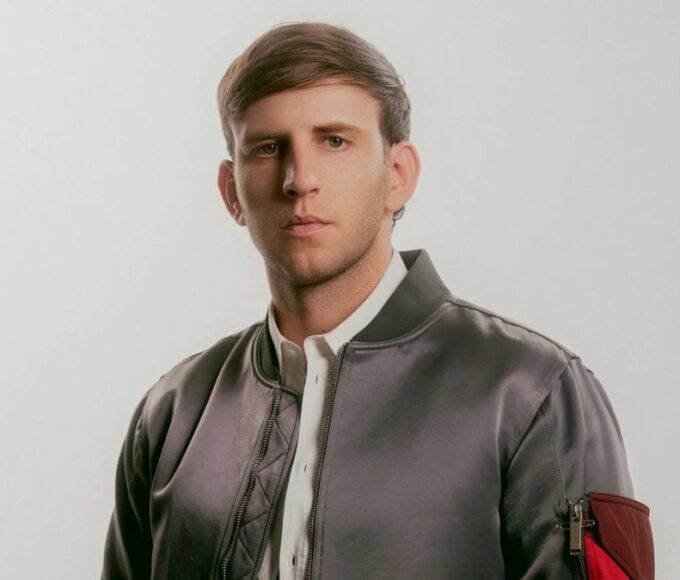
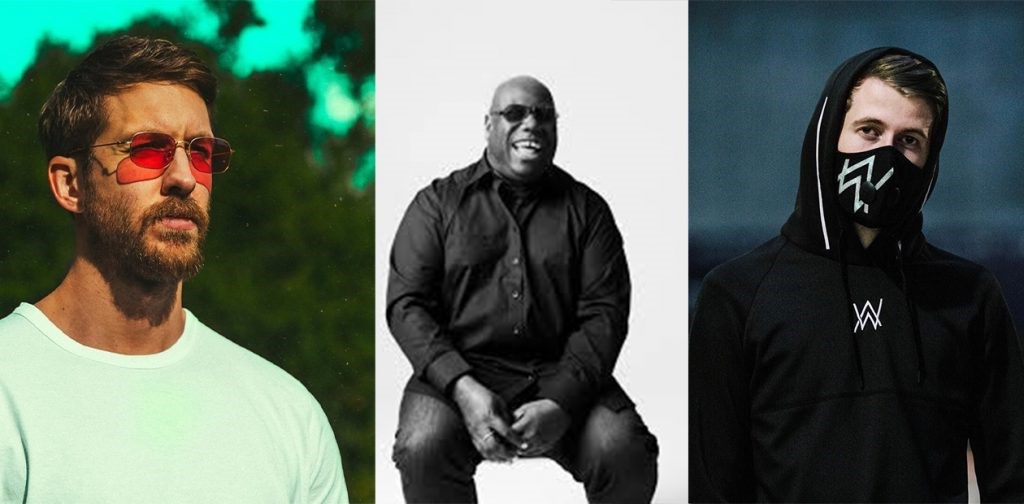
Leave a comment